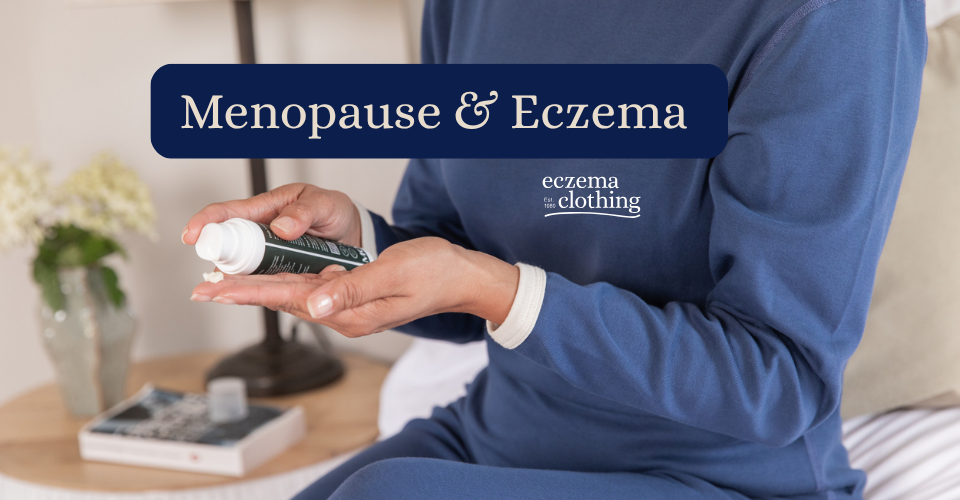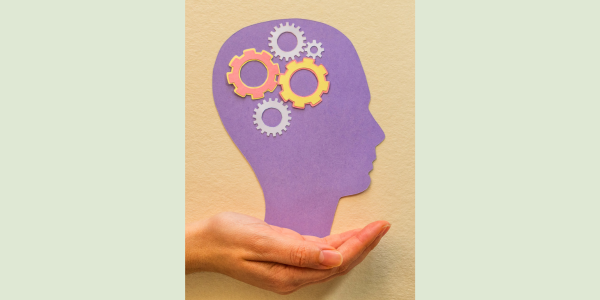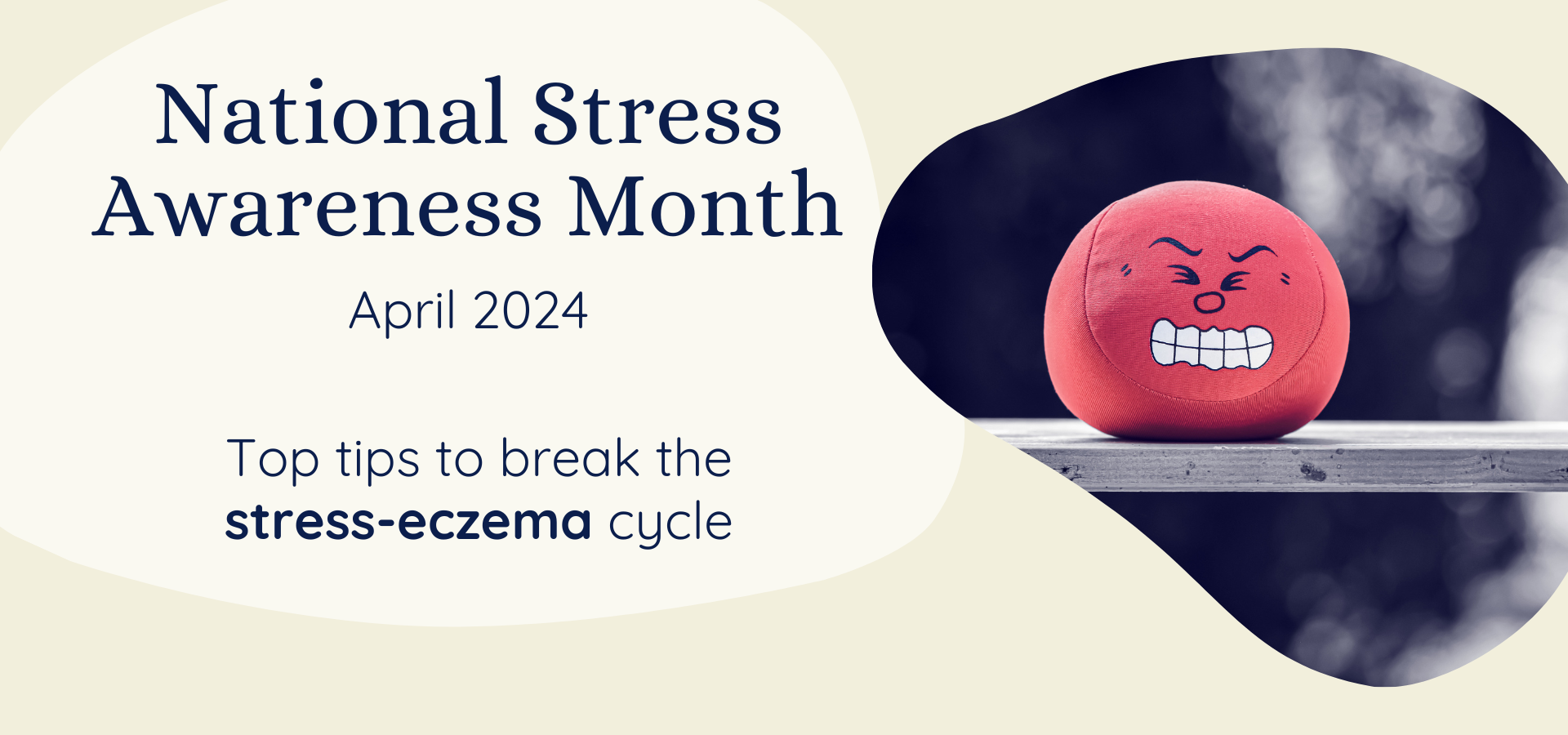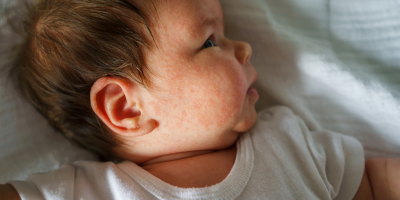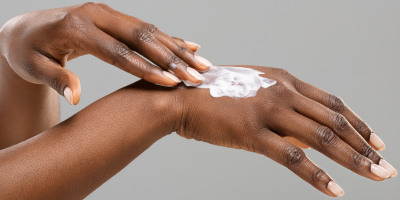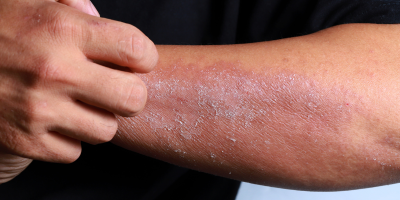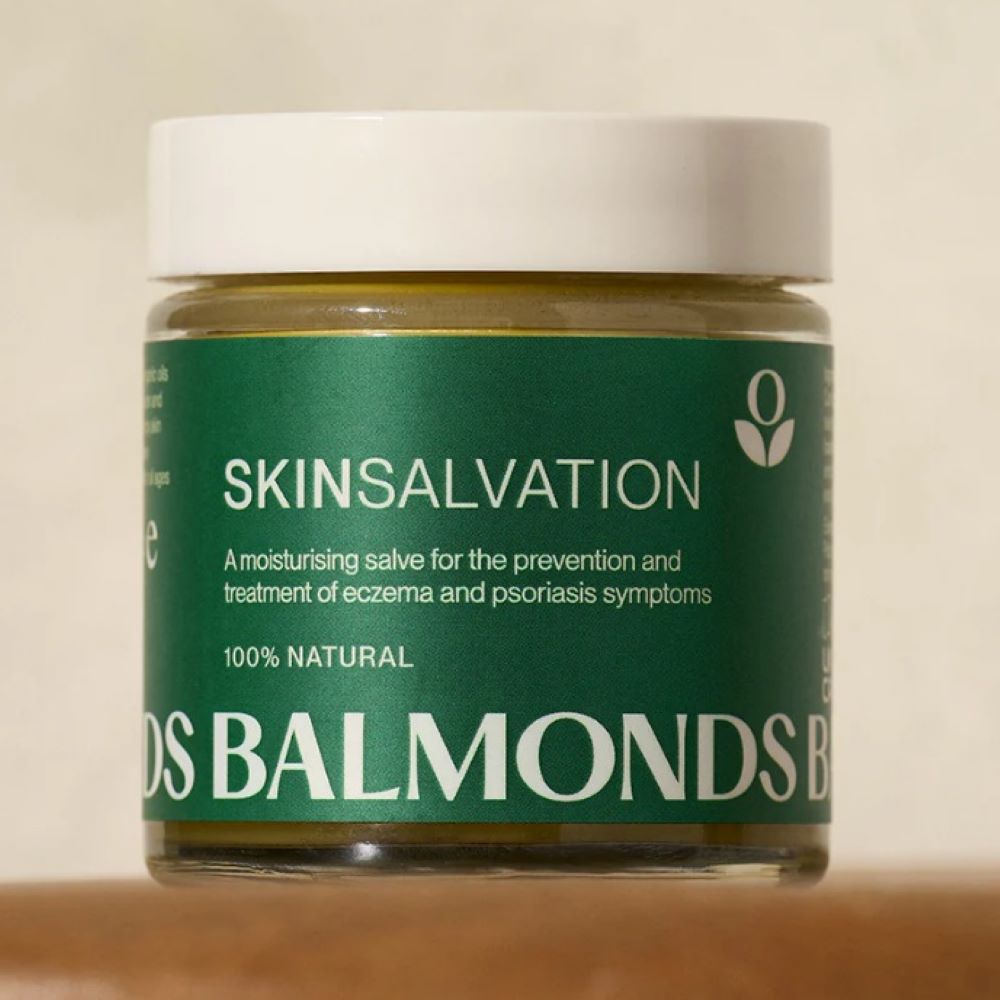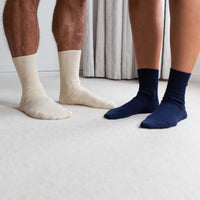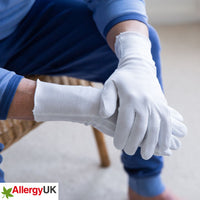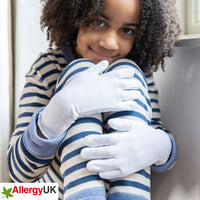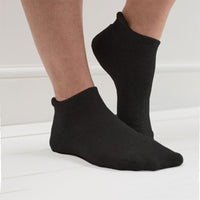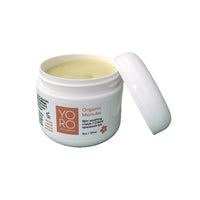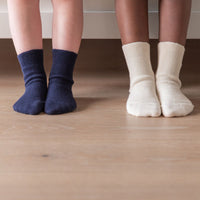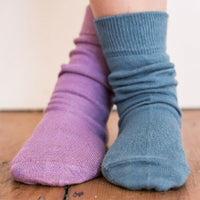Greater awareness of the menopause has driven increased demand for hormone replacement therapy, but with shortages often being reported, the desire for other ways to manage symptoms (especially for those with sensitive, eczema-prone skin) has never been greater.
World Menopause Day is being held on 18 October this year to raise awareness and support options to improve the health and wellbeing for women in mid-life and beyond. In this blog we look at how clothing choices and self-care can help women managing both menopause and eczema.
'The Change of Life'
It’s difficult to remember a time when the menopause has been more openly discussed. Years ago it was coyly referred to as ‘The Change of Life’, a mysterious condition experienced by women of a certain age that remained a social taboo.
Now, there is a growing openness about discussing this final stage of a woman’s reproductive life.
Former US First Lady Michelle Obama has publicly talked about her experience and TV presenter Davina McCall’s book 'Menopausing' recently topped the UK Amazon bestsellers list, following on from a successful documentary.
When Does Menopause Happen?
Women usually enter the menopause between the ages of 45 and 55 years due to falling levels of the hormones oestrogen and progesterone, though it can happen earlier due to medical reasons such as surgery.
Night sweats, hot flashes, memory loss and anxiety are among the 58 identified symptoms that many women over the age of 45 will recognise as signs of the menopause.
How Menopause Affects Eczema-Prone Skin
If you already have eczema or sensitive skin, the hormonal changes during perimenopause and menopause can significantly impact your condition. Here's why:
1. Declining Oestrogen and Skin Barrier Function
As oestrogen levels drop, your skin's barrier function becomes compromised. This protective barrier is already weakened in eczema sufferers, and hormonal changes can make it even more vulnerable to irritants, allergens, and moisture loss.
2. Increased Inflammation and Itching
Many women report that existing eczema flare-ups become more frequent and intense during menopause. The combination of hormonal fluctuations, increased stress, and disrupted sleep can all trigger inflammation.
3. Dryness and Sensitivity
Declining oestrogen affects the protein collagen and reduces the skin's ability to retain moisture. For those with eczema, this means even drier, more irritated skin that's prone to cracking and itching.
4. Night Sweats and Flare-ups
Night sweats don't just disrupt sleep—they can also trigger eczema flare-ups. Sweating, followed by cooling down in damp fabric, creates the perfect conditions for skin irritation. Synthetic fabrics that trap heat and moisture against sensitive skin can make this significantly worse.
Choosing the Right Fabrics for Eczema During Menopause
When managing both menopausal symptoms and eczema, your choice of clothing becomes crucial. Here's what to look for:
1. Breathable Natural Fabrics
Organic cotton is ideal for eczema-prone skin experiencing menopause symptoms. Unlike synthetic fabrics that trap heat and sweat against your skin, natural cotton allows air to circulate and wicks moisture away from your body. This is essential for managing both hot flashes and preventing eczema flare-ups.
2. Night Sweats and Nightwear
Night sweats are one of the most common menopausal symptoms and can be particularly problematic for eczema sufferers. Choose 100% organic cotton nightwear that's soft, breathable, and kind to sensitive skin. Cotton Comfort's organic cotton pyjamas come in a range of colours—opt for patterned fabrics or stick to light (white/natural) or dark (navy/black) colours that won't show damp patches.
3. Cotton Bedding
Using pure cotton bedding is also advisable, as synthetic sheets will likely exacerbate both night sweats and skin irritation.
4. Underwear for Sensitive Areas
Hot flashes can occur at any time of the day, causing both physical and mental discomfort. Wearing natural fabrics that absorb moisture and conduct heat away from your body (like cotton or bamboo) can make a world of difference.
Eczema Clothing's soft, pure organic cotton underwear is specially designed for sensitive skin. A recent review of out 'Square Cut Pants' by one customer stated they were 'just what she needed' to help with menopause-related symptoms 'down below'.
5. Seams and Labels
For eczema sufferers, flat seams and tagless designs are essential. During menopause when your skin is already more sensitive, these details become even more important to prevent irritation and itching.
Skincare for Menopausal Eczema
Skin can suffer greatly during the menopause, often due to declining oestrogen and its knock-on effect on the protein collagen. It may become increasingly sensitive, with a reduction in its thickness and elasticity as well as itchiness, breakouts and hyperpigmentation.
Aromatherapist and skincare expert Estella Costa dubs collagen 'the glue that holds us together'.
She recommends moisturisers containing hyaluronic acid, explaining that this gooey substance (which is also produced naturally by the body) can draw moisture into the skin. This is particularly beneficial for eczema-prone skin that's becoming even drier due to hormonal changes.
For breakouts, products containing clove and eucalyptus can help, while lactic acid and gentle exfoliation promote the removal of dead cells that can make the skin look dull. However, if you have active eczema, be cautious with exfoliation and always patch test new products.
Diet and Lifestyle for Managing Menopause Symptoms
Healthy eating can be very beneficial for managing both menopause and eczema. Medical research undertaken in 2018 implied that eating significant quantities of simple carbohydrates hastened the onset of menopause.
Recommendations to delay the onset and manage symptoms include:
Eating a diet rich in a rainbow-coloured selection of fruits and vegetables, complex carbohydrates and food containing phytoestrogens such as tofu and legumes. These foods can help balance hormones naturally.
Avoiding or limiting stimulants that can trigger hot flashes such as alcohol, caffeinated coffee, chocolate and spicy food. These triggers can also exacerbate eczema in some individuals.
Consuming calcium-rich foods, such as those containing dairy, and vitamin D, which is important for calcium metabolism. These are crucial for maintaining bone density, as is regular exercise.
For eczema management specifically, consider incorporating omega-3 fatty acids (found in oily fish, flaxseeds, and walnuts) which can help reduce inflammation.
Drink plenty of water, use massage oils or cream on your skin daily and most of all listen to your body.
But, above all, we recommend: 'Be yourself, love yourself, be happy.'
Stages of the Menopause
|
Stage |
Age |
Menstruation Status |
|
Premenopause |
The reproductive years |
Periods |
|
Premature menopause, premature/primary ovarian insufficiency |
Before 40 |
Infrequent or absent periods |
|
Early menopause |
Before 45 |
Infrequent or absent periods |
|
Perimenopause/menopause transition |
Usually 40s |
Changes in monthly cycle |
|
Menopause/post-menopause |
45–55 years |
No periods for at least a year |
Finding Comfort During This Transition
Managing menopause when you have eczema requires a multi-faceted approach: choosing the right fabrics, maintaining a consistent skincare routine, eating well, and listening to your body's needs. The good news is that with the right clothing and lifestyle choices, you can significantly reduce both menopausal discomfort and eczema flare-ups.
Looking for eczema-friendly clothing to help you through menopause? Explore our range of organic cotton nightwear, underwear, and everyday essentials designed specifically for sensitive, eczema-prone skin at eczemaclothing.com.
More helpful links:
- Menopause Support UK - https://menopausesupport.co.uk/
- The Menopause Charity - https://themenopausecharity.org/
- British Menopause Society - https://thebms.org.uk/
- The NHS Menopause Help & Support - https://www.nhs.uk/conditions/menopause/help-and-support/

